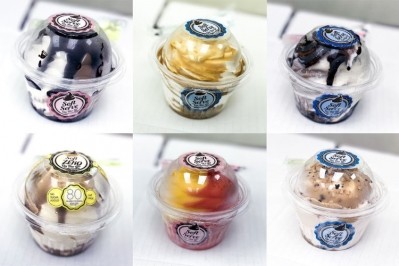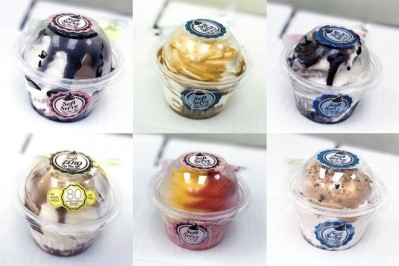‘Deceptive and misleading’: Real Kosher Ice Cream Inc. faces class action amidst FDA investigation

Real Kosher Ice Cream, a Brooklyn, New York-based ice cream manufacturer, is under an FDA investigation after its products were linked with an active outbreak of listeriosis. The company issued a voluntary recall for all its soft-serve sorbets and ice creams and stopped production pending the outcome of the investigation, but is now facing more trouble after a class action complaint was filed by consumers at a New York district court.
More than 100 class members are involved and the amount they seek is in excess of $5m in compensation.
According to the 30-page motion seen by DairyReporter, plaintiff Chaya Gurkov alleges that the company carried out ‘deceptive and misleading business practices’ with respect to manufacturing and marketing its ice cream and sorbet products. The plaintiff claims that the firm deliberately hid from consumers that its products could pose a health risk by not listing Listeria monocytogenes - the listeriosis-causing bacteria - on the ingredient list, leading shoppers to trust that they were purchasing a safe product. “This omission leads a reasonable consumer to believe they are not purchasing a product with a known bacterium when in fact they are purchasing a product contaminated with Listeria monocytogenes,” the plaintiff argues in the motion.
'Entirely worthless'
The plaintiff also alleges that the packaging conveyed quality claims that ‘emphasizes control over ingredients…, undoubtedly including ingredients harmful to a customer’ and concludes that ‘products, such as [the] defendant’s products, are in no way safe for humans and are entirely worthless’. “Consumers lack the meaningful ability to test or independently ascertain or verify whether a product contains unsafe substances, such as Listeria monocytogenes, especially at the point of sale, and therefore must and do rely on defendant to truthfully and honestly report what the products contain or are at risk of containing on the products’ packaging or labels,” the plaintiff alleges in the motion.
The plaintiff also claims that the ingredient list on some of the company's sorbets contained synthetic ingredients, such as sodium alginate, despite the packaging carrying ‘100% Natural’ claims. The plaintiff suggests that they paid a premium based on the company’s ‘false, misleading and deceptive misrepresentations and omissions’ and is, alongside more than 100 class members, seeking damages of more than $5m.
DairyReporter has reached out for comment from Real Kosher Ice Cream Inc. as well as the plaintiff’s representatives but has not received a response from either at the time of writing.
According to attorneys Pritzker Hageman, P.A., consumers can sue for listeriosis that has resulted from food contaminated with Listeria monocytogenes if there is enough evidence to connect the illness to a food product. So far, the Food and Drug Administration has linked two cases of listeriosis to Real Kosher Ice Cream’s products – one in New York and another in Pennsylvania. In addition, a product sample taken from the company’s manufacturing facility tested positive for the bacteria.
Consumers can generally seek damages if they were affected by a defective product even without having to show that the manufacturer had done anything wrong – a so-called strict liability claim. Plaintiffs must demonstrate that the product had ‘an unreasonably dangerous defect that caused injury’ when it was used. Plaintiffs can also seek damages for ‘violation of implied warranty’, i.e. when an implied warranty promises that a product is safe to use for its intended purpose, or ‘negligence’, if it can be demonstrated that a manufacturer breached a duty of care.
According to Pritzker Hafeman, settlements could run into millions of dollars - consumers had successfully sued for $6.4m in a case of a contaminated deli product, for example, but every case is different, the attorneys added.







